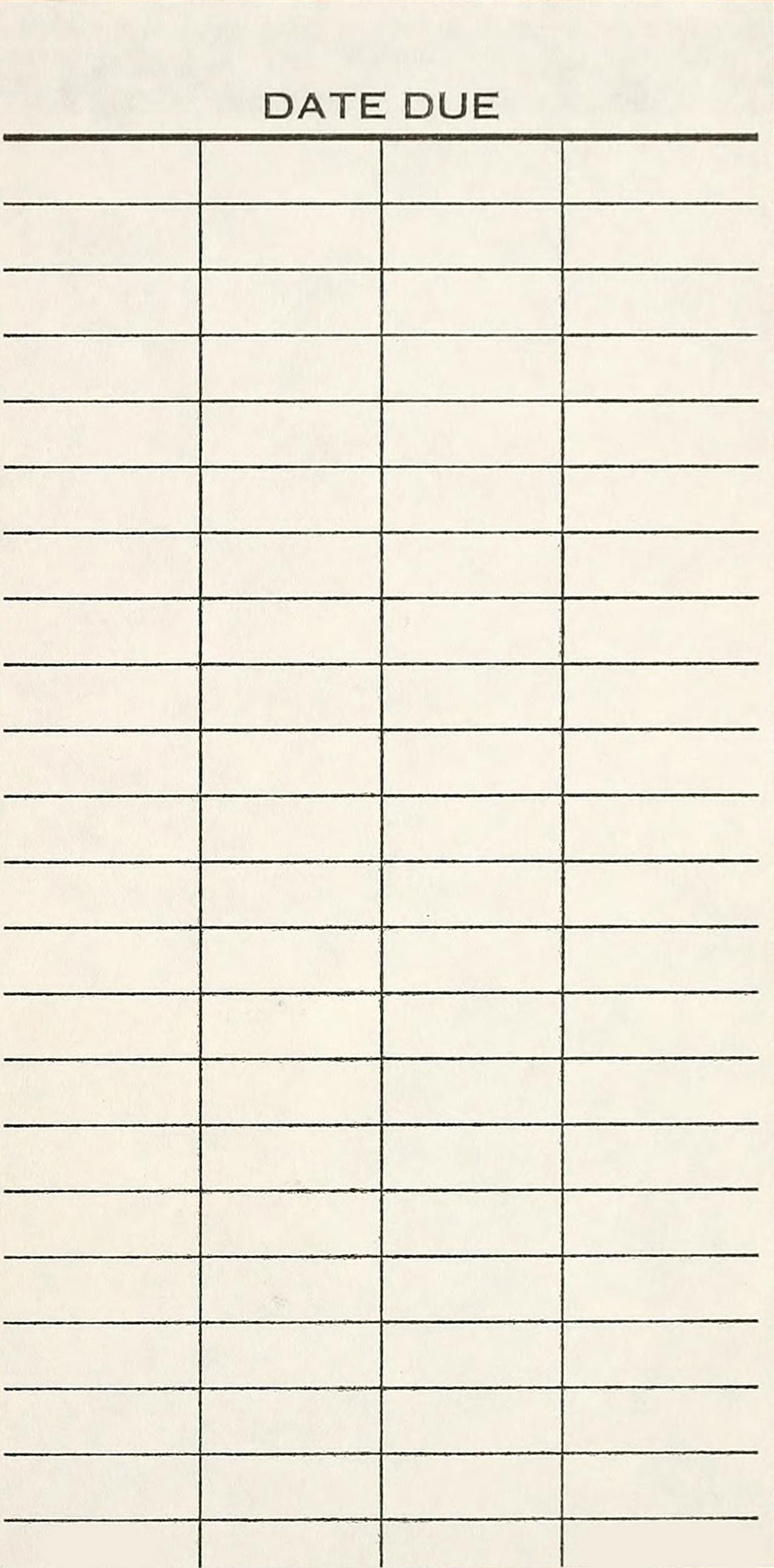

#3 days to due date how to#
Paradoxically, it can be all this talk, along with all the advice about how to go into labour naturally, that can lead to induction.įear and anxiety inhibits your body’s ability to produce oxytocin, the hormone needed for you to go into labour naturally. Caregivers start talking about sweeps… induction… these words can strike fear into mums-to-be. Yet the ‘due date’ and after, is when the pressure increases. THE DUE DATE IS AN ESTIMATE, NOT THE ‘BEST’ OR ‘RIGHT’ TIME FOR BABY TO BE BORN. Yet, most people will focus on their due date… have it written in their diary and etched onto their brain.įriends will begin texting a week or two before the due date asking if there’s ‘any news’? Well meaning, but not helping - This is when the pressure and stress starts to mount. Women aren’t made in a factory our menstrual cycles differ from each other, and often vary month to month Research by Morken, Melve and Skjaerven (2011) suggests that if women in your family gestate for longer than 40 weeks, then so might you. The authors of the study say it’s "Too early to make clinical recommendations" but clinicians may want to "keep the results in mind" when deciding whether to intervene in a pregnancy.

It found that the length of pregnancy can vary naturally by as much as five weeks. This relatively small scale research study calculated gestation by pinpointing the exact time of conception. Women on their second or more delivery gave birth 3 days after their due dates on average.Īnother study using reliable conceptions dates found that first-time mothers went an average of 4 days “late ” and women with a previous birth went 2 days “late.” Research (Mittendorf R et al 1990) demonstrates that pregnancy in first-time Mums lasted on average 8 days longer than Naegele’s rule. Predicting the average length of pregnancy is an inexact science, but we do know that women often go over their due date by at least 1 - 4 days: Reasons we shouldn’t rely on the accuracy of due dates:Ĥ0 weeks of pregnancy is a time period established by a German obstetrician (Naegele’s Rule) a long time ago - in the early 1800’s in fact, and is not evidence based. It’s based on in-exact science, and goes by the assumption that we all gestate our babies for the same length of time, which is simply not the case. Only 4% of women give birth on their due date. The problem is, due dates are misleading.

If the two ‘due dates’ differ by a week or more, they’ll go with the date from the scan. You’ll then have an ultrasound scan where another estimate is made, based on the size of the foetus.

So, back in the UK… how has your due date been calculated? Midwives will take the date of your last period and add 280 days, or 40 weeks. But what if you are English, living in France? Other countries have different due dates too. We are told that a baby is due at 40 weeks right? But that’s in the UK. We have created a slew of pregnancy calculators and tools to help you through your pregnancy.Before I share some tips for staying calm if you go past your ‘due date’ lets explore how misleading the notion of a ‘due date’ actually is. Pregnancy Calendarįollow your baby's development week by week in our article series. If you want to, you can view a sample due date report. Timeline of Significant Milestones in Embryo/Fetal Development.Due Dates for Multiples (Twins, Triplets, Quads).Each due date report contains the following data: A normal pregnancy can last anywhere between 38 and 42 weeks. Most are born within a week either side of the estimated due date. On average only 5% of births take place exactly on the estimated due date. Be sure to talk to your health care provider about your due date. Every pregnancy is unique and your baby will come when it's ready. Please remember that your due date is only an estimate. If you deliver on your due date, your baby is actually only 38 weeks old, not 40. Note that your menstrual period and ovulation are counted as the first two weeks of pregnancy. Your due date is calculated by adding 280 days (40 weeks) to the first day of your last menstrual period (assuming a 28 day cycle). Pregnancy induced hypertension How is my due date calculated?


 0 kommentar(er)
0 kommentar(er)
